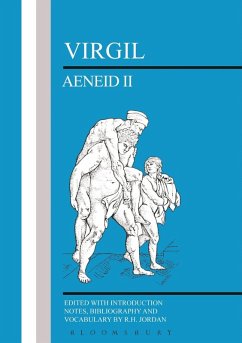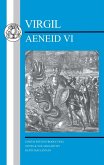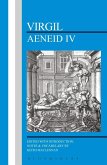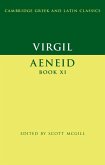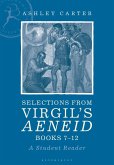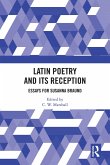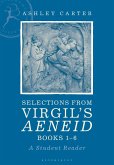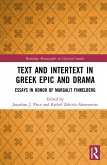In Book II of the "Aeneid", Aeneas relates to Dido his own account of Troy's destruction and his escape, including the episode of the Wooden Horse. It is some of the best Latin poetry ever written, and thus makes an ideal introduction to the "Aeneid". This completely new edition aims to provide students with help in translation, encourage them to consider the sound of the poetry, and appreciate the emotional impact of the story as Virgil portrays it. The text also includes a general introduction, a select bibliography, notes and a full vocabulary; appendices deal with meter and scansion.
Bitte wählen Sie Ihr Anliegen aus.
Rechnungen
Retourenschein anfordern
Bestellstatus
Storno

